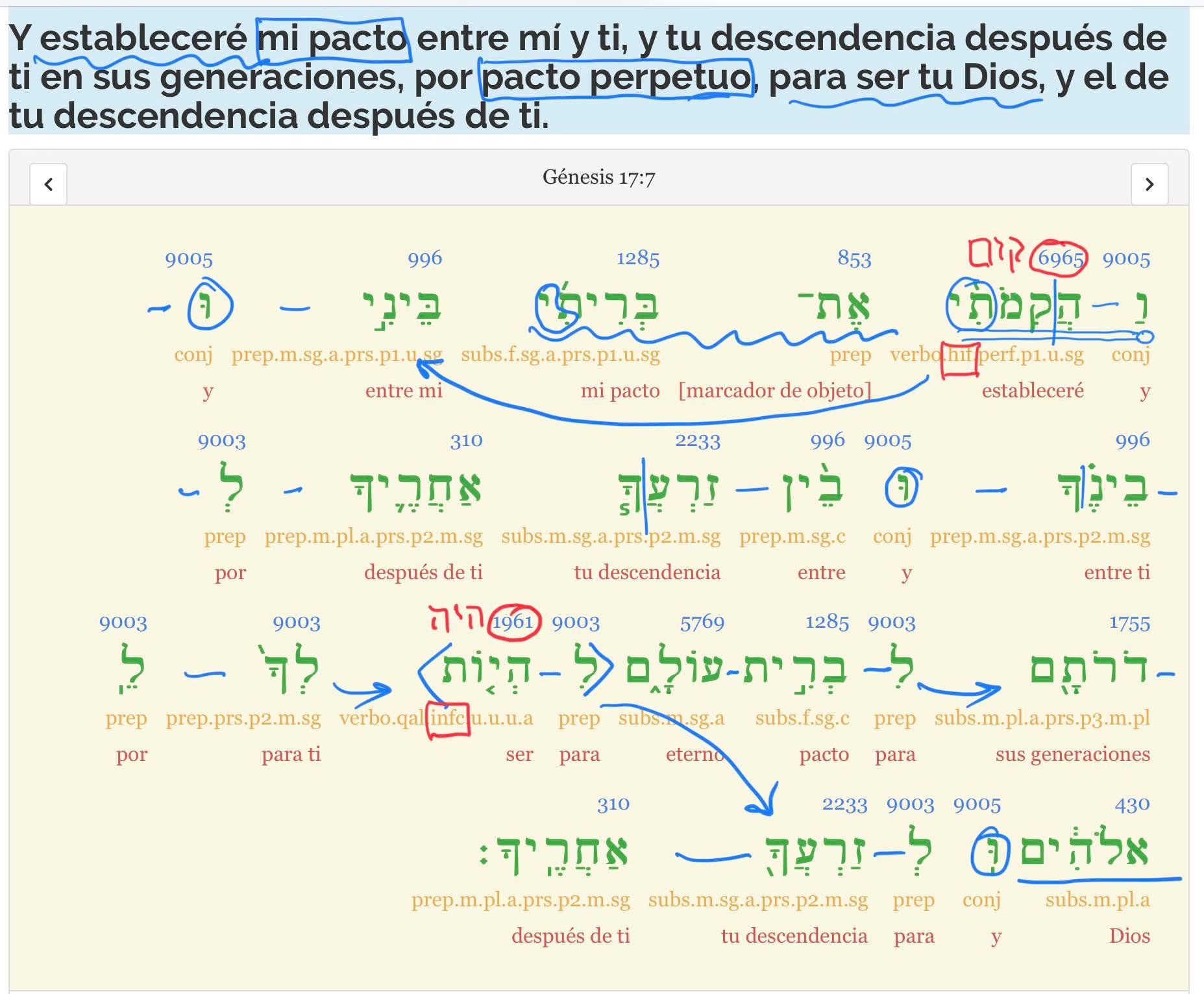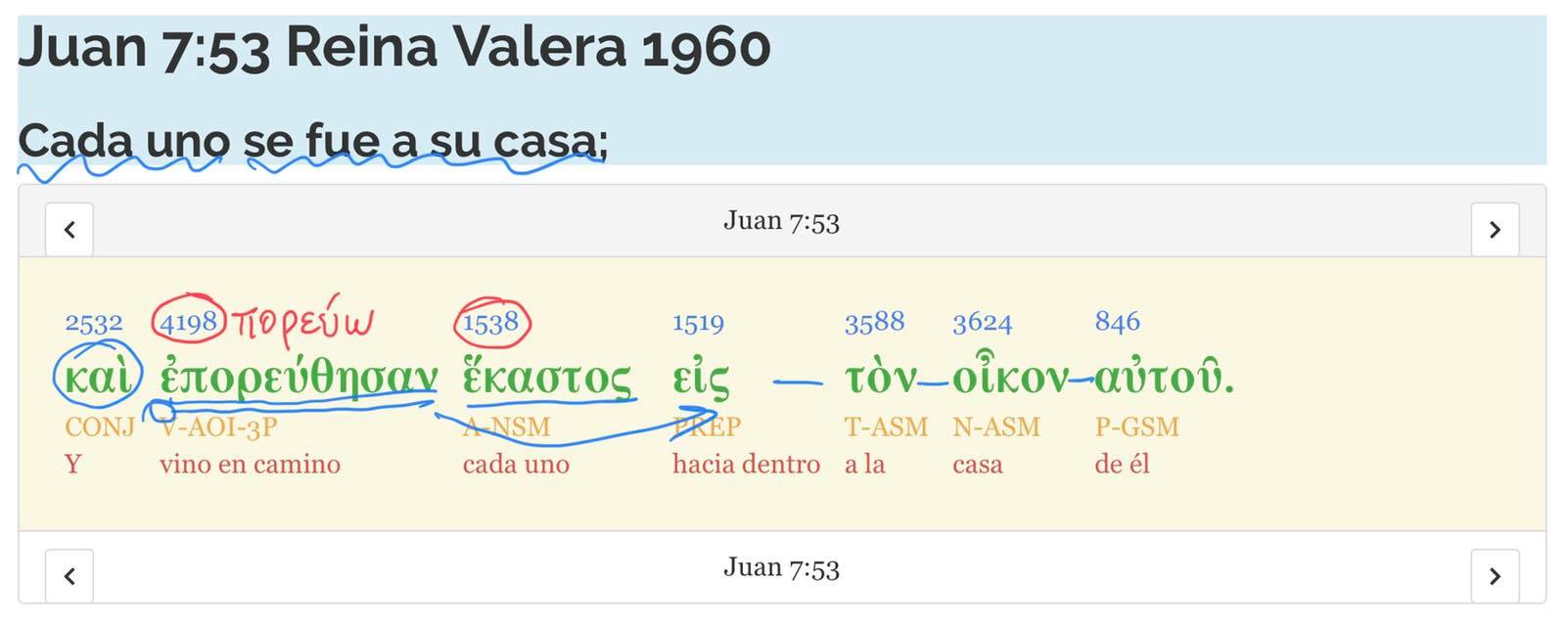Study the Bible directly from Hebrew and Latin
The Bible was not originally written in Spanish, English, French, German, or some Western language. The Old Testament is written mostly in Hebrew, and the New Testament in ancient Greek, which is why most of us need a Bible in our languages to be able to read and understand it.
Translating one language text into another is somewhat complex due to the 6 most common translation problems; Lexical-semantic, grammatical, syntactic, rhetorical, pragmatic and cultural (localization).
1. LEXICAL-SEMANTIC PROBLEMS
Lexical-semantic problems are those that can be solved by consulting dictionaries, glossaries, terminology banks and experts. These problems encompass terminological alternations, neologisms, semantic gaps, contextual synonyms and antonyms (which affect polysemic units: synonyms and antonyms will only have an acceptance that will depend on the context to decide which meaning is correct), semantic contiguity (procedure of coherence that works by resorting to common semantic features between two or more terms) and lexical networks.
2. GRAMMATICAL PROBLEMS
Grammatical problems correspond, for example, to questions of temporality, aspectuality (the aspect indicates how the process or state expressed by the verb is represented from the point of view of its development, as opposed to time), pronouns, explicitness or not of the subject pronoun.
3. SYNTACTIC PROBLEMS
Syntactic problems can come from syntactic parallels, from rection, from the passive voice, from targeting (the point of view in which a narrative is organized), or even from rhetorical figures of construction, such as the hyperbaton (inversion of the natural order of discourse) and anaphora (repetition of the same word or segment at the beginning of a verse or phrase).
4. RHETORICAL PROBLEMS
Rhetorical problems are related to the identification and recreation of figures of thought (comparison, metaphor, metonymy, synecdoche, oxymoron, paradox, etc.) and to diction.
5. PRAGMATIC PROBLEMS: THE EXAMPLE OF MARKETING TRANSLATION
Pragmatic problems arise in the face of the difference in the use of “you” and “you”, idioms, phrases, sayings, irony, humor and sarcasm. But these difficulties can also include other challenges, for example, in a marketing translation from English to French, the translation of the personal pronoun “you”. The translator must define which pronoun, the “you” or the “you”, should be used, a decision that is not always obvious.
6. CULTURAL PROBLEMS: THE EXAMPLE OF FINANCIAL TRANSLATION
Cultural problems are those that arise from the differences between cultural references, food names, festivals and cultural connotations, in general. To adapt the content, the translator uses localization. A very simple example: dates in a financial translation . If the text is in English, it is very likely -but not sure- that 05/06/2015 refers to June 5. However, as everyone knows, the same spelling, in other languages, will refer to May 6
To help us solve this problem today we have multiple versions of the Bible that help us to a better understanding of the scriptures, which although in essence each one strives because the message is kept as faithful as possible in each language, varies a Little this due to the criteria used for the interpretation of the text.
For this reason having direct access to these ancient texts, knowing the meanings and symbolisms of each word used in the original language in which it was written, can help us delve much deeper into each of the scripture passages.

Logos K Logos is a website that provides us with a free, easy and simple tool that allows us to read, compare and analyze the Bible in depth in its original language through our website. www.logosklogos.com
It also provides courses in Greek and Biblical Hebrew at the William C. Morris Theological University in Buenos Aires and intensive courses in Biblical Greek abroad.




